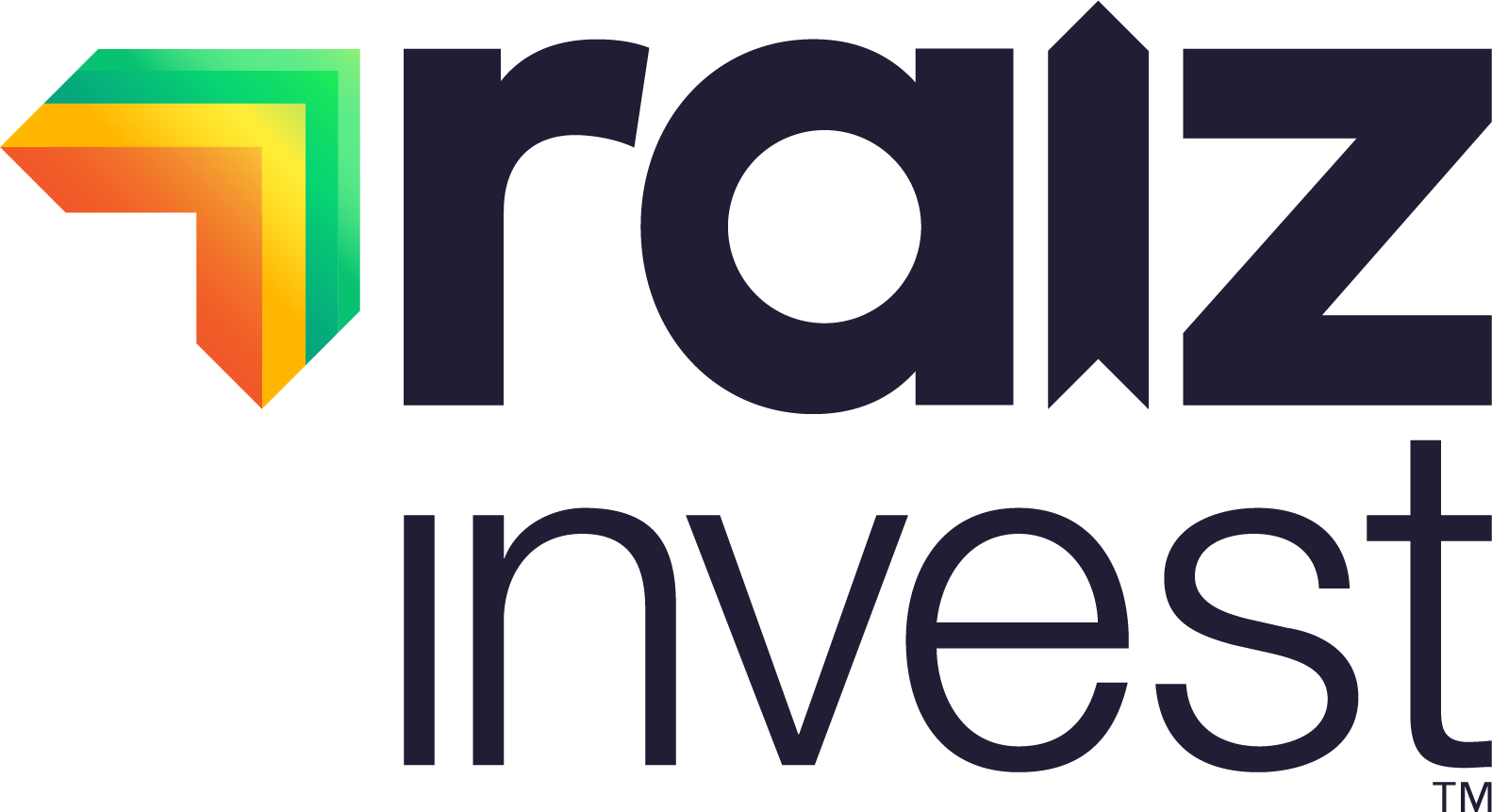Global equities strong as tech shares power on

31-08-20
George Lucas, Raiz Group CEO
Last week saw global equities hit record highs, ending a bear market that at one point had wiped a third of the value, or roughly $22 trillion, off publicly traded companies around the world, according to the FTSE All World index, which covers around 4000 companies in 47 countries.
The advance has been led by tech giants Apple, Microsoft and Amazon — the largest components of both the S&P 500 and FTSE All World indices — which are each up 40 per cent or more this year.
Notably, the gains by the indices, weighted by their members’ market capitalisations, have not been evenly distributed. For instance, only a third of the nearly 4,000 companies in the FTSE All World index have matched or eclipsed its 3.1 per cent advance this year, according to Bloomberg data.
By contrast, about 47 per cent of companies remain down 10 per cent or more in 2020. This divergence reflects an improving outlook for large corporations and their profitability.
US Federal Reserve flags new inflation era
In the US, Federal Reserve chairman Jerome Powell in a speech indicated that the central bank would adopt an average inflation target, pointing to the prospect of even looser monetary policy and lower interest rates for longer. The new approach is known as “average inflation targeting.”
Chairman Powell’s overall message and the shift towards targeting average inflation clearly points towards further policy accommodation, but it was less clear as to what form that may take.
US dollar slides amid COVID-19 fallout
Powell’s speech prompted a fall in the US dollar, with the greenback sliding by about 1 per cent against other major currencies after his speech.
However, while the US dollar slipped, the 10-year US Treasury yield jumped by about 10 basis points (and longer-term yields by even more). This combination of higher yields and a weaker dollar is a bit puzzling as usually a rise in US yields leads to a stronger US dollar. But it’s no more puzzling than equities powering ahead during the worst recession in our lifetime with no end in sight.
At home, the Australian dollar rallied above 73 US cents and our view is that the local unit will reach 80 US cents by December.
Negative real yields puzzle in US
Meanwhile, an issue that puzzles is that real yields in the US are negative, which usually discourages savings and encourages spending, yet money continues to flow into equity markets as negative interest rates make equity investing, especially with leverage, more attractive.
By contrast, the trend is acting as expected in many other major economies like Australia, where real interest rates are positive, and we are seeing bank deposits growth.
Part of the answer to this conundrum could be that the US is not seeing the wealth transfer needed to support the economy and increase spending. Rather, wealth seems to be flowing into equities markets and making the wealthier more wealthy.
Important Note: The information on this website is provided for the use of licensed financial advisers only. The information is general advice and does not take into account any person’s particular investment objectives, financial situation or investment needs. If you are an investor, you should consult your licensed adviser before acting on any information contained in this website.
Investors only: The information in this Document is confidential it must not be reproduced, distributed or disclosed to any other person unless it is part of their statement of advice. The information may be based on assumptions or market conditions and may change without notice. This may impact the accuracy of the information. In no circumstances is the information in this Document to be used by, or presented to, a person for the purposes of making a decision about a financial product or class of products.
General advice warning: The information contained in this Document is general information only. It has been prepared without taking account any potential investors’ financial situation, objectives or needs and the appropriateness of this information needs to be considered in that context. No responsibility or liability is accepted by Instreet or any third party who has contributed to this Document for any of the information contained herein or for any action taken by you or any of your officers, employees, agents or associates.



